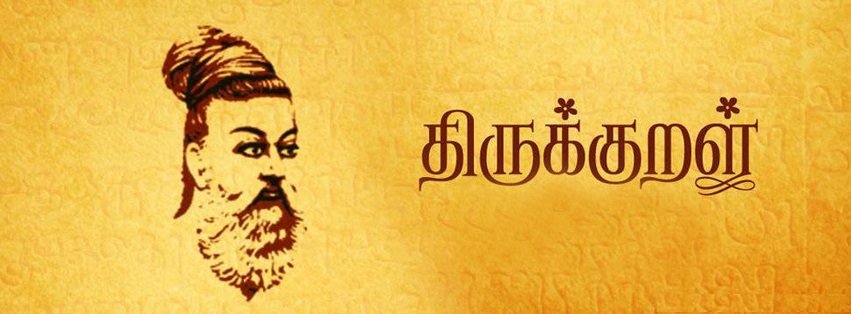Thirukkural, an ancient Tamil literary masterpiece composed by the revered sage Thiruvalluvar, is often referred to as “Ulaga Pothu Marai,” which translates to the Universal Veda. With its 1330 couplets, Thirukkural is a treasure trove of wisdom that provides a blueprint for leading a virtuous and meaningful life. In this blog, we will delve into the profound teachings of Thirukkural and how they can transform us into compassionate and enlightened individuals.
Ulaga Thirukkural Panikalam Foundation’s Mission:
Pandith Durai Illakumanan and the Ulaga Thirukkural Panikalam Foundation have a noble mission: to create awareness of Thirukkural and its teachings across Malaysia and beyond. Through a plethora of initiatives, the foundation aims to instill the enduring values and virtues contained within this poetic masterpiece in the hearts of people from all walks of life.
The Power of Truth (5th Thirukkural):
The 5th Thirukkural emphasizes that human actions and speech should be grounded in the realization of God’s truth. This philosophy underlines the importance of aligning our lives with higher principles and seeking truth in all our endeavors.
Recognizing the Divine in All Beings:
Thirukkural invites us to see divinity in every living being. While we possess the unique gift of the 6th sense, we must also embrace compassion and altruism. Even plants, with only one sense, selflessly provide sustenance to humans and other creatures. We, too, should practice compassion and empathy towards all living beings.
The Sanctity of Nature:
Thirukkural suggests that nature, the first creation of God, is our responsibility to safeguard. By preserving our environment, we can reap numerous benefits. Nature provides us with food, clean air, and more. It is essential to recognize the sacredness of the natural world and protect it for future generations.
The Purity of Mind:
The mind, as the ruler of human actions, plays a pivotal role in our behavior. A pure and disciplined mind is less likely to engage in negative actions. By nurturing our thoughts and focusing on the teachings of Thirukkural, we can resist the temptation of bad habits.
The Act of Giving:
One of the core principles of Thirukkural is the responsibility to donate and feed the hungry. This extends not only to humans but to all living beings. When we harbor the intention to alleviate hunger, the universe provides us with the means to fulfill this noble cause.
Unity of All Things (2nd Thirukkural):
The 2nd Thirukkural asserts that everything and everyone in this world is divine. We must recognize the divine in every aspect of existence, from the air we breathe to the food we consume. This realization can transform our actions into acts of divinity.
Wisdom and Transformation:
Thirukkural serves as a repository of wisdom that can naturally or deliberately be acquired. By immersing ourselves in its teachings, we gain insights that guide us toward a more enlightened and compassionate way of life.
Surrender and Selflessness:
True devotion to God, as advocated in Thirukkural, involves surrendering ourselves and assisting those in need. This selfless act of helping others is the essence of divine prayer and can bring about a profound change in our lives.
Conclusion:
Thirukkural, often considered the user manual for humanity, is a timeless source of wisdom and guidance. By embracing its teachings, we can lead lives filled with compassion, truth, and divinity. As we read and absorb the profound verses of Thirukkural, our actions transform, and we become better individuals, ready to contribute positively to the world. In the end, it reminds us that everything in this world, from nature to our fellow beings, is divine, and it is our sacred duty to protect and uplift them.

